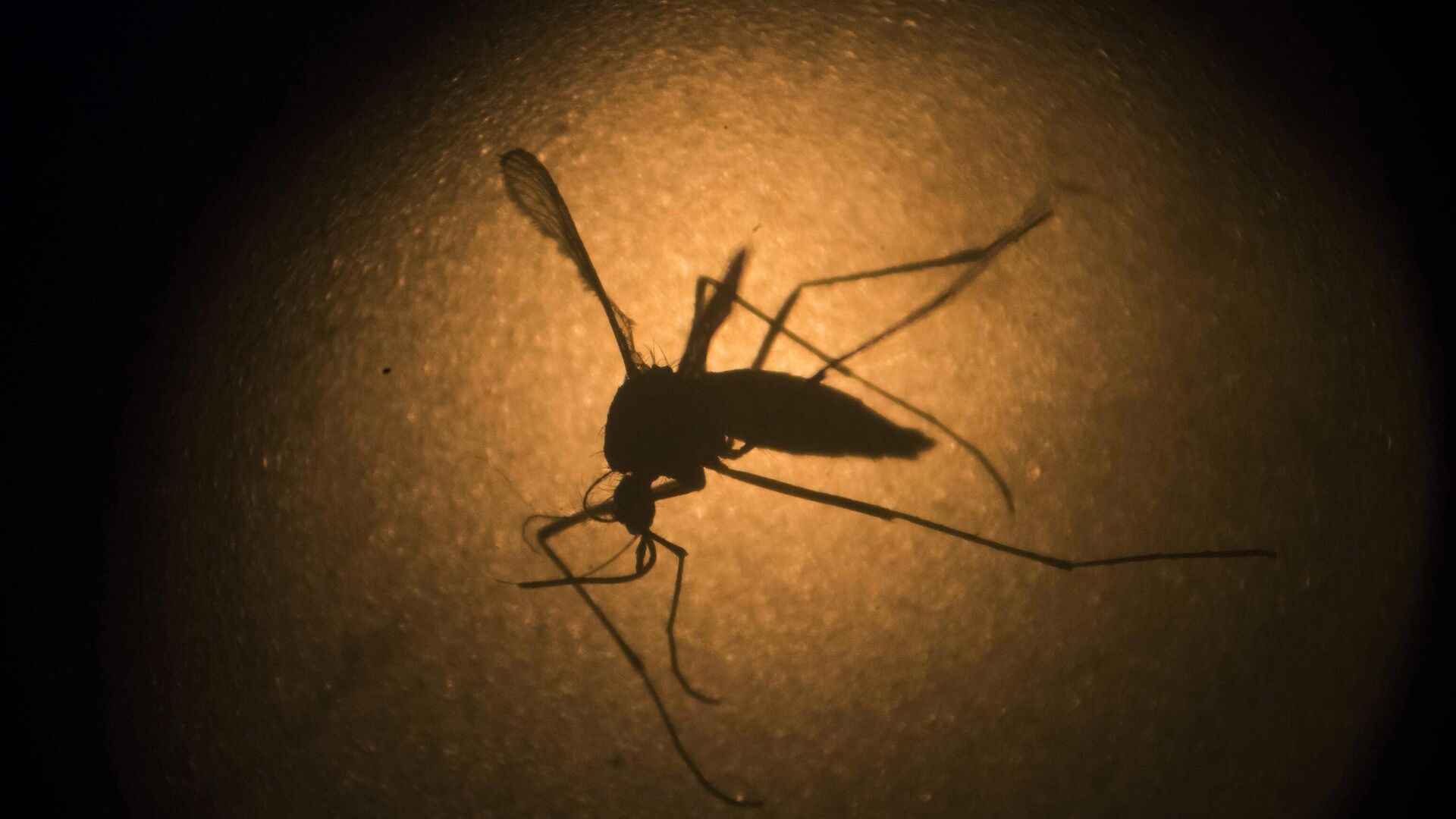https://sputniknews.in/20230111/asias-super-resistant-mutant-mosquitoes-trigger-alarm-456651.html
Asia’s Super-Resistant Mutant Mosquitoes Trigger Alarm
Asia’s Super-Resistant Mutant Mosquitoes Trigger Alarm
Sputnik India
Mosquitoes transmitting dengue and other viruses are evolving their resistance against insecticides in parts of Asia.
2023-01-11T16:57+0530
2023-01-11T16:57+0530
2023-01-11T16:57+0530
india
delhi
mosquito-borne diseases
pakistan
japan
indonesia
mosquitos
dengue fever
malaria
zika virus
https://cdn1.img.sputniknews.in/img/07e7/01/0b/461349_0:161:3071:1888_1920x0_80_0_0_dcfde99634a4313f66df6c911b607eee.jpg
Mosquitoes transmitting dengue and other viral deseases have started to develop resistance against insecticides in some parts of Asia, new research has concluded. The findings have sounded alarm bells in local health authorities.The conclusions may impact regular health authority measures of spraying fog-containing insecticides to kill mosquitoes and larvas, especially after rains.During recent studies, his team found that some mosquitoes have developed stronger strains than previously thought. Previous investigations suggested that 100-fold resistance had been developed, but new findings suggest this may be 1,000-fold. This means that only 30% of 100-fold mosquitoes and 7% of 1,000-fold mosquitoes will perish upon spraying.This is not the first time that research has indicated that mosquitoes have started to adapt. In 2020, Yale university carried out a study that found that the Aedes aegypti — traditionally seen as a forest species adapted to human settlements — is now also evolving due to climate change.Although most mosquitoes do not feed on human blood, Aedes aegypti infect millions of people every year – especially young children – with yellow fever, malaria, dengue and Zika, causing tens of thousands of deaths each year.
https://sputniknews.in/20221219/indian-doctors-open-up-about-silent-spreader-of-zika-vrius-144116.html
india
delhi
pakistan
japan
indonesia
Sputnik India
feedback.hindi@sputniknews.com
+74956456601
MIA „Rossiya Segodnya“
2023
Deexa Khanduri
https://cdn1.img.sputniknews.in/img/07e6/0c/13/138923_52:0:533:481_100x100_80_0_0_cadf23d341691fc65ff2b22fd1afe584.jpg
Deexa Khanduri
https://cdn1.img.sputniknews.in/img/07e6/0c/13/138923_52:0:533:481_100x100_80_0_0_cadf23d341691fc65ff2b22fd1afe584.jpg
News
en_IN
Sputnik India
feedback.hindi@sputniknews.com
+74956456601
MIA „Rossiya Segodnya“
Sputnik India
feedback.hindi@sputniknews.com
+74956456601
MIA „Rossiya Segodnya“
Deexa Khanduri
https://cdn1.img.sputniknews.in/img/07e6/0c/13/138923_52:0:533:481_100x100_80_0_0_cadf23d341691fc65ff2b22fd1afe584.jpg
world health organization, dengue infections, india, asia, mosquitoes, dengue
world health organization, dengue infections, india, asia, mosquitoes, dengue
Asia’s Super-Resistant Mutant Mosquitoes Trigger Alarm
Deexa Khanduri
Sputnik correspondent
The World Health Organization (WHO) estimates that there was approximately 100-400 million dengue infections in 2022.
Mosquitoes transmitting dengue and other viral deseases have started to develop resistance against insecticides in some parts of Asia, new research has concluded. The findings have sounded alarm bells in local health authorities.
The conclusions may impact regular health authority measures of spraying fog-containing insecticides to kill mosquitoes and larvas, especially after rains.
Japanese scientist Shinji Kasai
told foreign media that after examining mosquitoes from several countries in Asia, as well as in Ghana, researchers discovered a “series of mutations had made some virtually impervious to popular pyrethroid-based chemicals like permethrin.”
During recent studies, his team found that some mosquitoes have developed stronger strains than previously thought. Previous investigations suggested that 100-fold resistance had been developed, but new findings suggest this may be 1,000-fold. This means that only 30% of 100-fold mosquitoes and 7% of 1,000-fold mosquitoes will perish upon spraying.
This is not the first time that research has indicated that mosquitoes have started to adapt. In 2020, Yale university carried out a study that found that the Aedes aegypti — traditionally seen as a forest species adapted to human settlements — is now also evolving due to climate change.
Although most mosquitoes do not feed on human blood, Aedes aegypti
infect millions of people every year – especially young children – with yellow fever, malaria, dengue and Zika, causing tens of thousands of deaths each year.



